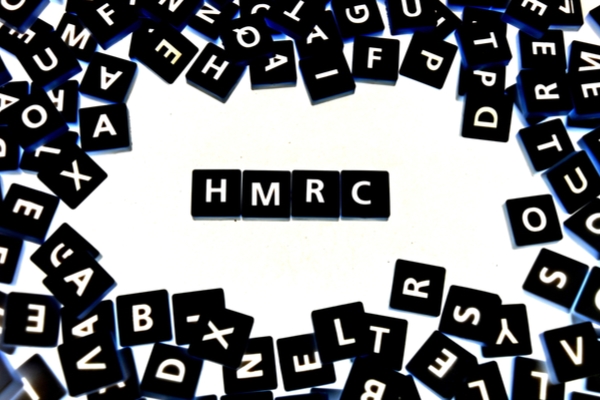Dear visitor,
You're reading 1 of your 3 free news articles this quarter
Register with us for free to get unlimited news, dedicated newsletters, and access to 5 exclusive Premium articles designed to help you stay in the know.
Join the UK's leading credit and lending community in less than 60 seconds.
HMRC crown preference changes “bad deal”, says R3
The incoming restoration of HMRC’s crown preference status in insolvencies is a “bad deal” for UK businesses and the taxpayer, says insolvency and restructuring trade body R3.

Editor at Credit Strategy. Previously held roles at Accountancy Age, Accountancy Daily and the Leicester Mercury.
The government plans, confirmed in the draft Finance Bill, would prioritise the repayment of some tax debts in insolvencies from April 2020.
Under the plans, certain debts owed to HMRC, including PAYE, employee National Insurance contributions, and VAT, will be repaid in priority to debts owed to floating charge holders and unsecured creditors. Currently, all HMRC debt is unsecured.
The government has also decided that tax penalties will not form part of HMRC’s preferential claim. However, the government rejected feedback from some stakeholders that there should be a cap on the age of tax debts eligible for preferential status and that the changes should only apply to tax debts arising and floating charges created after April 6, 2020.
HMRC expects to make around £195m a year from the policy.
R3 president Duncan Swift said the government is “shooting first and asking questions later”.
He said: “The government should have gone much further in cutting back the scope of its proposals. Unlike the earlier, pre-2003 version of this policy, the size of the government’s priority claim is uncapped, creating significant uncertainty in insolvencies for lenders, businesses, and others. A cap on the age of tax debt eligible for priority status would have been an obvious way to limit the downsides of the proposal. Ensuring that tax debts don’t take priority over pre-existing floating charges would have made these proposals much fairer, too.
“The downsides of this policy are plain to see. More money back for HMRC after an insolvency means less money back for everyone else. This increases the risks of trading, lending and investing, and could harm access to finance, especially for SMEs. This means less money is available to fund business growth and business rescue, and, in the long term, could mean less tax income for HMRC from rescued or growing businesses. It’s a self-defeating policy.”
Stay up-to-date with the latest articles from the Credit Strategy team
Get the latest industry news






